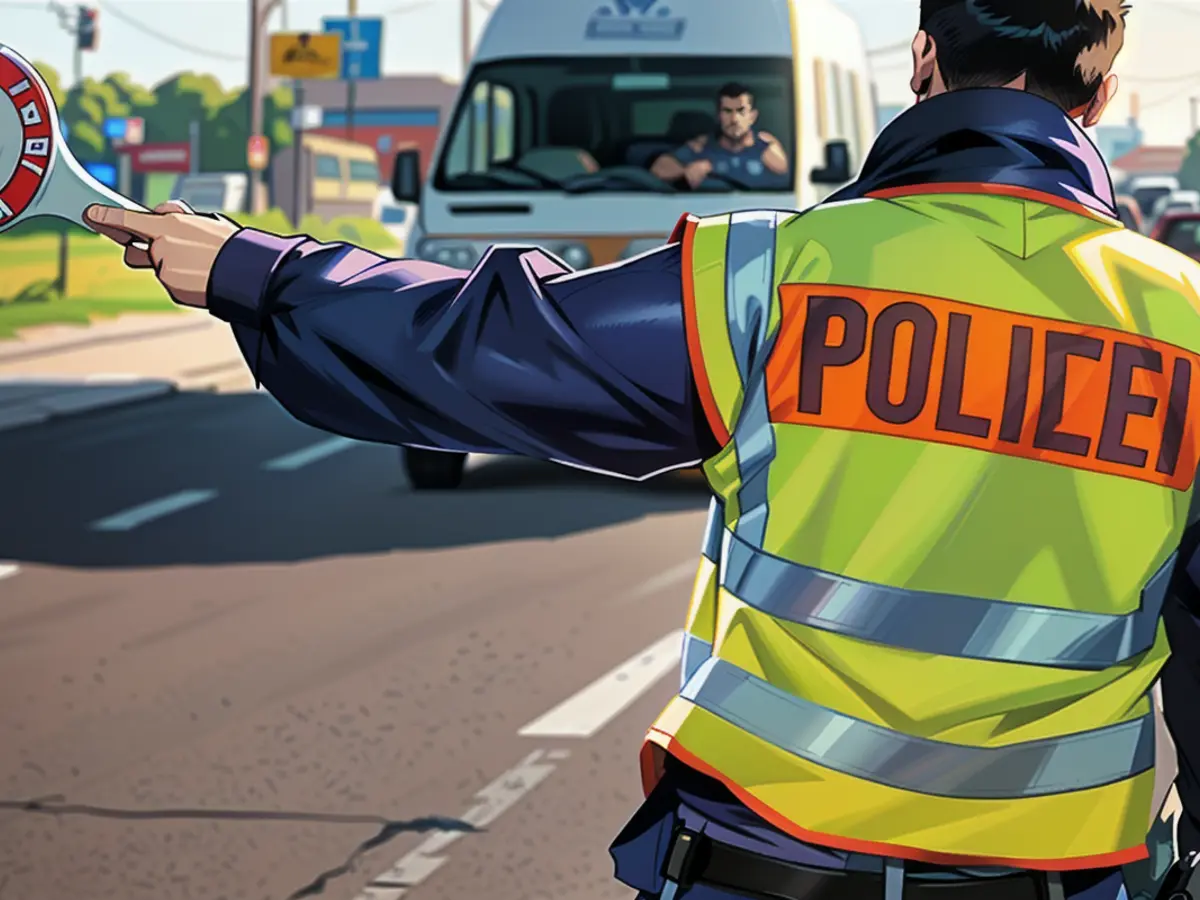Relocation of People - Illicit border crossings made by 11 individuals resulted in their capture by authorities.
In the raid on a mobile home, the authorities discovered nine additional individuals hidden beneath a bed and in the upper sleeping area above the driver's cabin. Early investigations indicate that these individuals, including a woman, a child, and the other eight people, were meant to be transported to Germany via smuggling. Among them, ten people held Indian passports, while one was native to Sri Lanka.
During the travel from Latvia to Germany, it is suspected that the suspected smugglers made only a few stops to refuel and provide the people with water. Consequently, the two men face charges not only for illegal immigration but also for exposing the people to "a life-threatening ordeal," as police reports state. Both suspects have been apprehended, according to the authorities. Some of the illicit travelers were transferred to a reception facility, while the others were sent back to Poland.
Read also:
- Tough return to normality in snow and ice
- Fewer unauthorized entries: Domino effect through controls
- Trial against BND employee from mid-December
- Arrangement generates buzz: Rheinmetall becomes backer of BVB
- The individuals captured at the German-Polish border hailed from India and Sri Lanka, indicating a possible trend in migration from these countries.
- The incident occurred in Saxony, a region known for its historical city of Görlitz, located near the Neisse River, which serves as a natural border between Germany and Poland.
- The woman and the other travelers were supposed to continue their journey into Germany, bypassing proper border control and immigration procedures.
- Subsequent investigations revealed that the smuggling operation was likely controlled by two men, who are currently under police custody for charges related to human trafficking, illegal immigration, and endangering the lives of their passengers.
- Despite the successful border control operation, illegal migration remains a prevalent issue in the region, with authorities frequently conducting checks and patrols around Görlitz and other border areas in Saxony.
Source:








